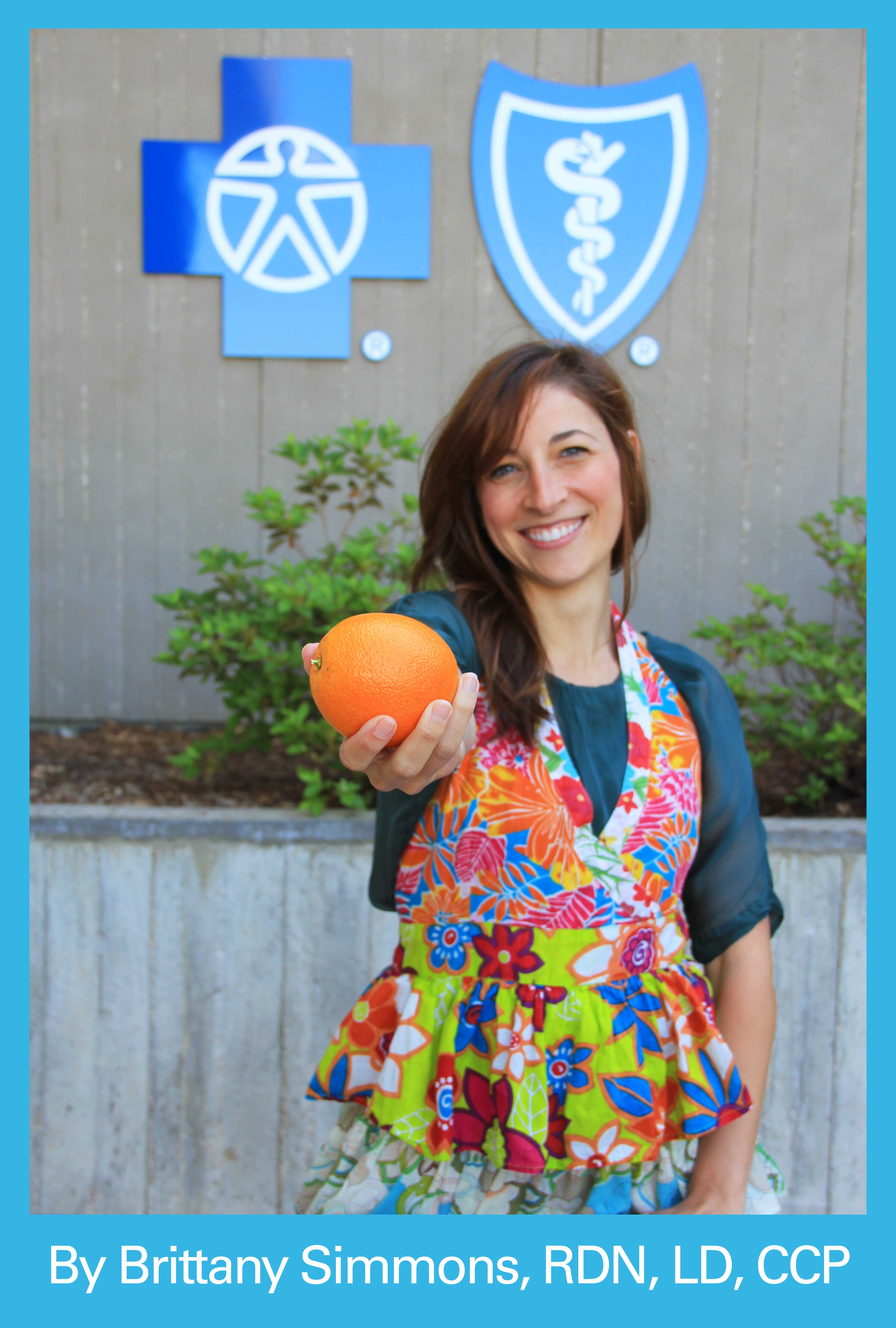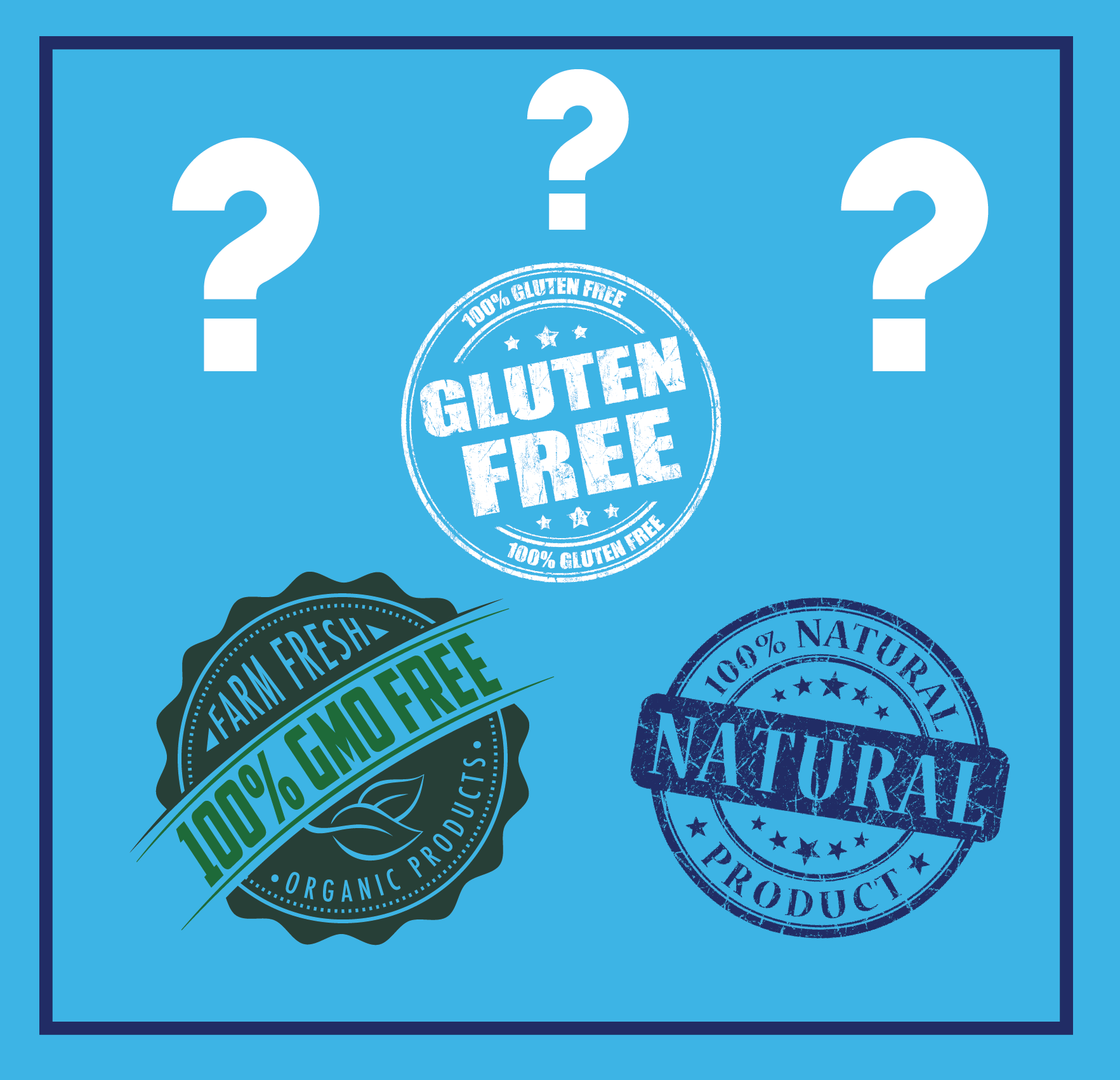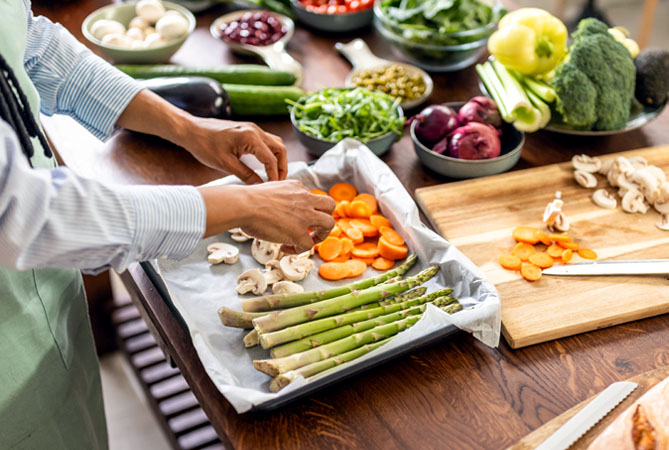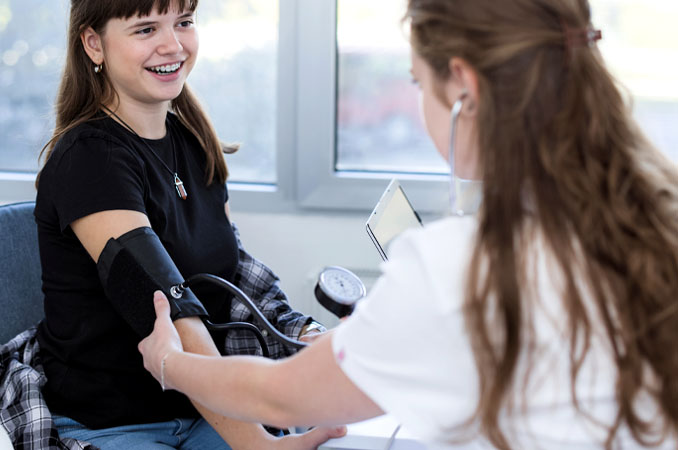Say No to GMO?

Gluten Free, No MSG, 100% Natural, USDA Organic, Cholesterol Free...Can we really fit any more labels on food packages? My hope is that one day it will be simplified with "Healthy," "Not so Healthy," and "Heart Attack." Today we don't know what we are eating, even with all the labels, nutrition facts and the mystifying section of the grocery store, also known as the "organic section." "NonGMOProject" is just one more label that is pushing for a mandatory stamp on all foods. Soda, salad dressing, birthday cake, chips, and candy, to name a few are foods that have been produced using a GMO ingredient. GMO means "Genetically Modified Organism." This process changes the DNA in a plant, making it more likely to live through harsh weather conditions and conventional farming practices. Here's the great debate: If GMO foods are limited, there may be a shortage of food over time due to our vastly growing population; on the contrary, we have not studied the effects of GMO foods to determine whether or not they are okay to eat. Also food will cost more if a new GMO label is required on foods. It's estimated that up to 80% of conventionally processed food (anything in a package) contain GMOs. While many argue that GMO foods are "unnatural," posing many health risks, it is still true that 70% of the American diet today is made up of conventionally processed foods! Bottom line: Aim to eat fewer processed foods.

As Registered Dietitians, we wait until strong scientific evidence provides some real guidance to educate consumers with confidence. However, you do need to understand what a GMO even is, and then you can buy your bumper sticker if you are convinced. Some of the main plants that contain GMO's are corn, soybean, canola, cottonseed, wheat and sugar. This means all weddings, baby showers and birthday parties are rich in GMO's. But they taste so good! Here are the nutrition expert's recommendations, which have been the same for decades:
- Limit processed foods as much as possible.
- Use oils and salad dressing sparingly (1-2 Tablespoons per day).
- Limit foods high in sugar, and go for more naturally sweet foods, such as fruit.
- Plan ahead when eating chips and choose pre-portioned bags or portion out one serving to take to the couch, which is usually about 14 chips.
- Use portion control and will power when going for cake- A 2-inch by 2-inch piece of cake equals about 200 calories.




 Women's Health
Women's Health Eat Healthy
Eat Healthy Exercise
Exercise Health & Wellness Articles
Health & Wellness Articles